Choosing the Right Cat Litter: A Vet's Guide to Feline Comfort
by Ruby Gin on Sep 14, 2023

As a veterinarian, I've had the privilege of caring for countless feline patients over the years. One aspect of cat care that's often underestimated by cat owners is the choice of cat litter. It may seem like a simple decision, but the type of cat litter you choose can have a significant impact on your cat's comfort and well-being. In this blog, I'll share insights into the importance of selecting the right cat litter and provide some tips to help you make an informed choice.
Why Does Cat Litter Matter?
Cat litter plays a vital role in your cat's daily life. It's not just a convenient place for them to relieve themselves; it can affect their overall health and happiness in several ways:
-
Comfort: The texture and feel of the litter can influence whether your cat uses the litter box consistently. Some cats are picky about the sensation under their paws, so it's essential to choose a litter they find comfortable.
-
Odor Control: Cats are known for their keen sense of smell. A good cat litter should effectively control odors, keeping both your cat and your home fresh and clean.
-
Health and Safety: Dusty litters can be problematic for cats with respiratory issues, while certain litters may be safer for kittens or cats with sensitive skin. Choosing the wrong litter can lead to health concerns.
-
Environmental Impact: If you're eco-conscious, you might want to consider litters made from sustainable and biodegradable materials to reduce your carbon footprint.
Now that we understand why cat litter matters, let's explore the various types of cat litter available and how to choose the right one for your furry friend.
Types of Cat Litter:
-
Clumping Clay Cat Litter: This popular choice forms clumps when it comes into contact with moisture, making it easy to scoop out waste. It's highly absorbent and great at odor control. However, it can be dusty and heavy.
-
Non-Clumping Clay Cat Litter: Less dusty than clumping clay litter, this option is also more affordable. It doesn't form clumps, so you'll need to change the entire box more frequently.
-
Silica Gel Cat Litter: Silica gel litter is highly absorbent and controls odors effectively. It often comes in the form of small crystals that change color as they absorb moisture. Some cats may not like the texture, and it can be costly.
-
Biodegradable Cat Litters: Made from materials like corn, wheat, wood, or paper, these litters are eco-friendly and often flushable or compostable. They are less dusty and lighter than clay litters, but some cats may need time to adjust to the texture.
-
Recycled Paper Cat Litter: Made from recycled paper products, this litter is biodegradable, dust-free, and lightweight. It has good odor control, but it doesn't clump, so you'll need to change the box more frequently.
-
Natural Cat Litters: These litters, made from materials like pine, cedar, or walnut shells, are eco-friendly and low in dust. They can have a pleasant natural scent, but odor control may vary depending on the brand and type.
Choosing the Right Cat Litter:
-
Consider Your Cat's Preferences: Cats can be particular about the texture and scent of their litter. If you're switching litters, do so gradually to give your cat time to adjust.
-
Odor Control: If odor control is a top concern, consider clumping clay or silica gel litters, which are known for their effectiveness.
-
Dust Sensitivity: For cats with respiratory issues or if you're sensitive to dust, opt for low-dust or dust-free options like silica gel, natural, or recycled paper litters.
-
Environmental Impact: If you're environmentally conscious, choose biodegradable or natural litters made from sustainable materials.
-
Cost: Keep your budget in mind, but also consider that some litters may last longer or require fewer changes.
-
Health Considerations: Certain litters may be safer for kittens or cats with specific health concerns, so consult your vet if you're unsure.
-
Litter Box Type: Some litters work better with specific types of litter boxes, like self-cleaning ones.
-
Trial and Error: Finding the perfect litter may require some experimentation. Start with a small amount to see how your cat reacts before committing to a larger quantity.

In conclusion, choosing the right cat litter is a decision that should be made with your cat's comfort and well-being in mind. By considering your cat's preferences, health needs, and your own priorities, you can select a litter that not only makes your cat happy but also keeps your home clean and odor-free. Remember, the right litter can make a world of difference in your cat's daily life and contribute to a healthier and happier feline friend.
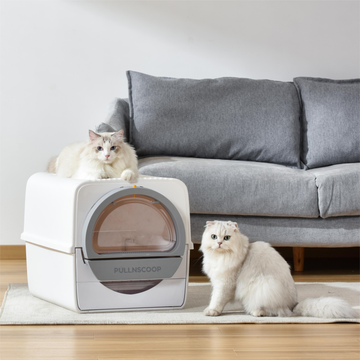


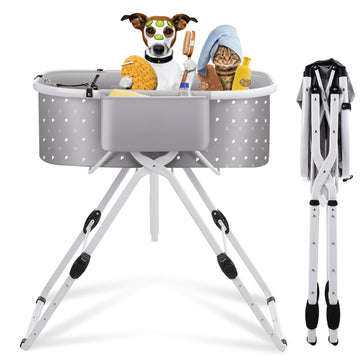
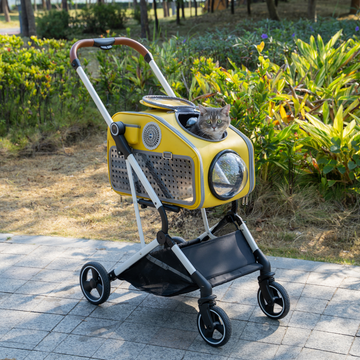
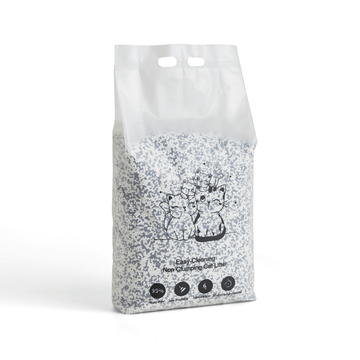
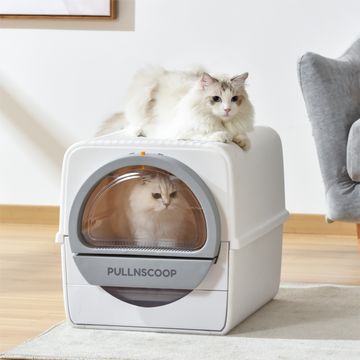

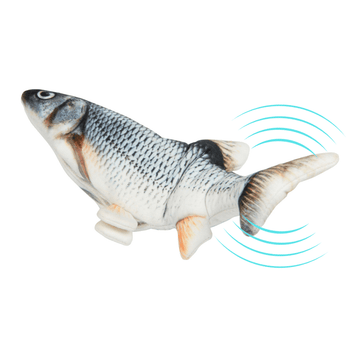
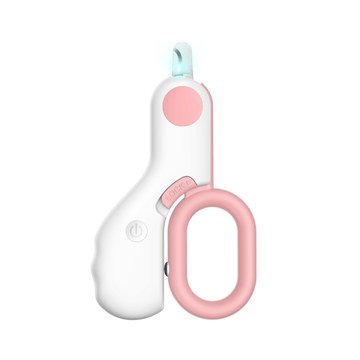

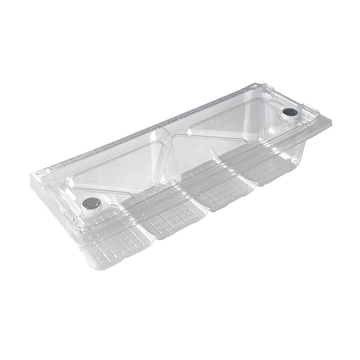
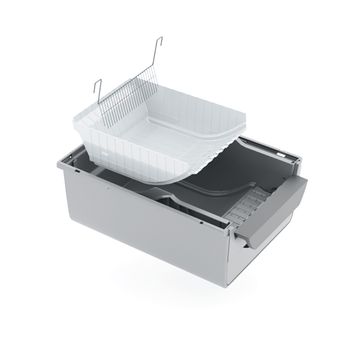
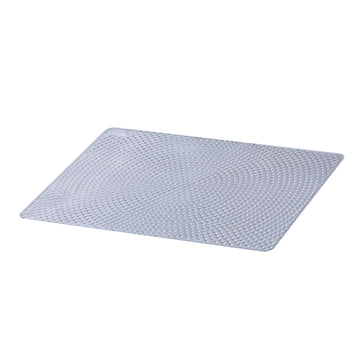
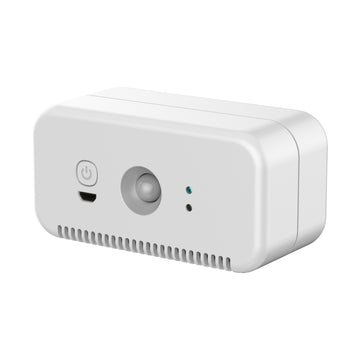
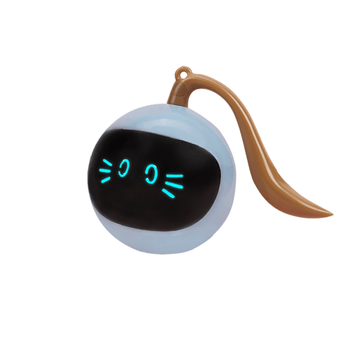
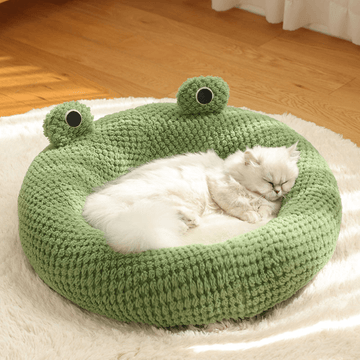


DIY Stainless Steel Litter Box Solutions
The Impact of Stainless Steel Litter Boxes on Cat Health
How to Clean Your Stainless Steel Litter Box
Stainless Steel Litter Boxes: User Reviews